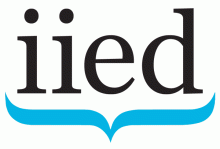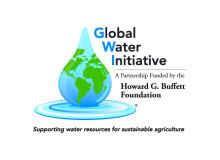Resource information
The development of irrigation is one of the priority strategies in the Sahel countries to tackle poverty and food insecurity. At a time when governments are once again committing to increase irrigable areas, it seemed relevant to analyze, in line with the ECOWAS guidelines, the results achieved in large irrigated schemes developed in the 1980s and 1990s to draw lessons for future developments.
In partnership with Bagrépôle, the Global Water Initiative launched a study in 2015 to assess farmers' incomes and compare them with family needs (food security and poverty thresholds). This study, which is also carried out regionally on dams in Senegal and Mali, seeks to understand to what extent and under what conditions the irrigated scheme of Bagré can reduce poverty and food insecurity. It was carried out in close collaboration with Bagrépôle and involved producer organisations through a monitoring committee, which guided and validated its various stages.




